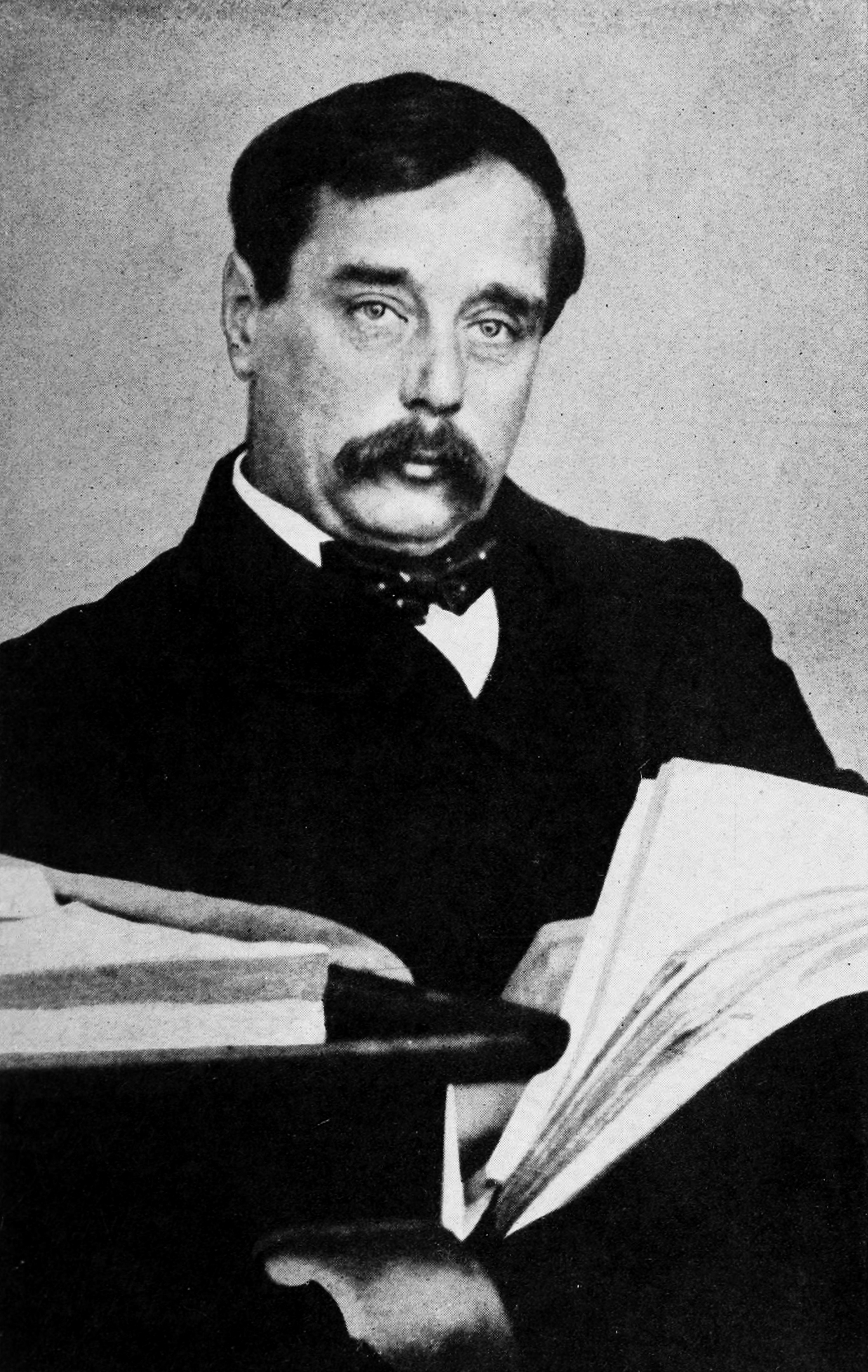“Miss Winchelsea’s Heart” is a short story by the English author H. G. Wells (1866–1946), first published in the The QueenWeekly illustrated society magazine founded in 1861. Following a series of mergers over the years it survives in the form of the fashion magazine Harper's Bazaar. in 1898 and subsequently reprinted in Twelve Stories And a DreamCollection of 13 short stories by H. G. Wells, first published in 1903. (1903) and The Country of the Blind and Other StoriesCollection of 33 short stories by H. G. Wells, first published in 1911. (1911).[1]
Told as a third-person narrative by an unidentified narrator, the story concerns a snobbish young woman who rejects the advances of a young man she has become very fond of, because of what she perceives to be his absurd surname, a decision that she comes to regret.
Synopsis
The story begins as Miss Winchelsea, a young schoolteacher, is preparing for a trip to Rome with two friends from her teacher training college, Fanny and Helen. A “prim and pleasant little figure”,[2] she has taken great pains not to look like a tourist, despite travelling with one of Mr. Thomas Gunn’s parties, offering fourteen days in Rome for £14.
Miss Winchelsea meets her friends at Charing Cross railway station, and after securing a carriage together, they turn their attention on their fellow travellers. When the friends hear someone calling for “Snooks”, they begin to speculate on who that name might fit, deciding that it must be the “very stout and resolute little man in a large check suit”.[3] Presently Miss Winchelsea’s party is joined in their carriage by a family of four followed by a young man travelling alone. Miss Winchelsea observes that he begins to read a bound journal of poems.
When they arrive at Calais to board the ferry, the young man helps the ladies with their luggage, and it transpires that he is booked into the same hotel as they are. That evening, quite by chance, he is seated next to Miss Winchelsea for dinner, and soon the young man is “tacitly of their party”.[4] They do not know his name, but Miss Winchelsea believes him to be a lecturer.
While in Rome, the young man meets with Mis Winchelsea’s party from time to time on sight-seeing trips, but is at times drawn away by his friend Leonard. Miss Winchelsea begins to grow rather fond of the young man, and he of her, until one day, as he is telling Miss Winchelsea of the depth of his feeling for her, Leonard approaches, saying “I’ve been looking for you everywhere, Snooks”.[5]
Miss Winchelsea writes a note to the young man, saying that his advances are no longer welcome, but cannot bring herself to tell him why. But the young man persists, and enlists the help of Fanny to act as a go-between. Back in England, it turns out that Fanny’s new school is quite close to the Steely Bank Polytechnic where Snooks is teaching, and the two begin to become good friends. In her role as go-between Fanny writes to Miss Winchelsea from time to time to update her, and in one letter Miss Winchelsea notices that Fanny has begun to refer to “Mr. Senoks” rather than Snooks. Fanny has told him that she does not like his name, and he admitted that neither does he, so Fanny asked him to change it. Snooks explains to Fanny that his name is an abbreviated form of Sevenoaks,[a]Sevenoaks is a town in Kent, south-east of London. and in Fanny’s letter to Miss Winchelsea she explains that their plan is to change Snooks to Se’noks once they are married.
Even after the wedding Miss Winchelsea still harbours the hope that Snooks must realise the blunder he has made in choosing Fanny over her, and refuses numerous invitations to visit the couple, until two years later. But it is immediately apparent to Miss Winchelsea that Snooks is not now the man she remembers, and after a “sadly disappointing week”,[7] she returns home and she and Fanny drift apart.
See also
- H. G. Wells bibliographyList of publications written by H. G. Wells during the more than fifty years of his literary career.
Notes
| a | Sevenoaks is a town in Kent, south-east of London. |
|---|
References
Bibliography
External links
- Full text of “Miss Winchelsea’s Heart” at Project Gutenberg

